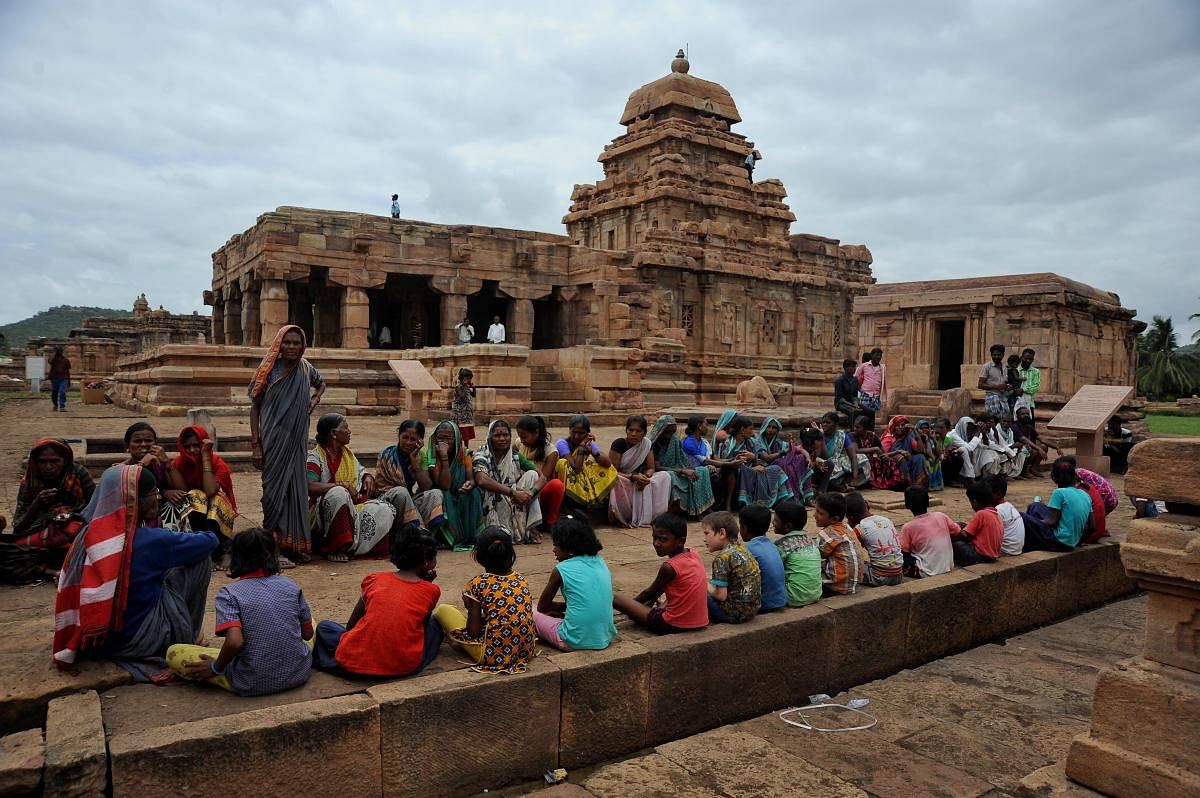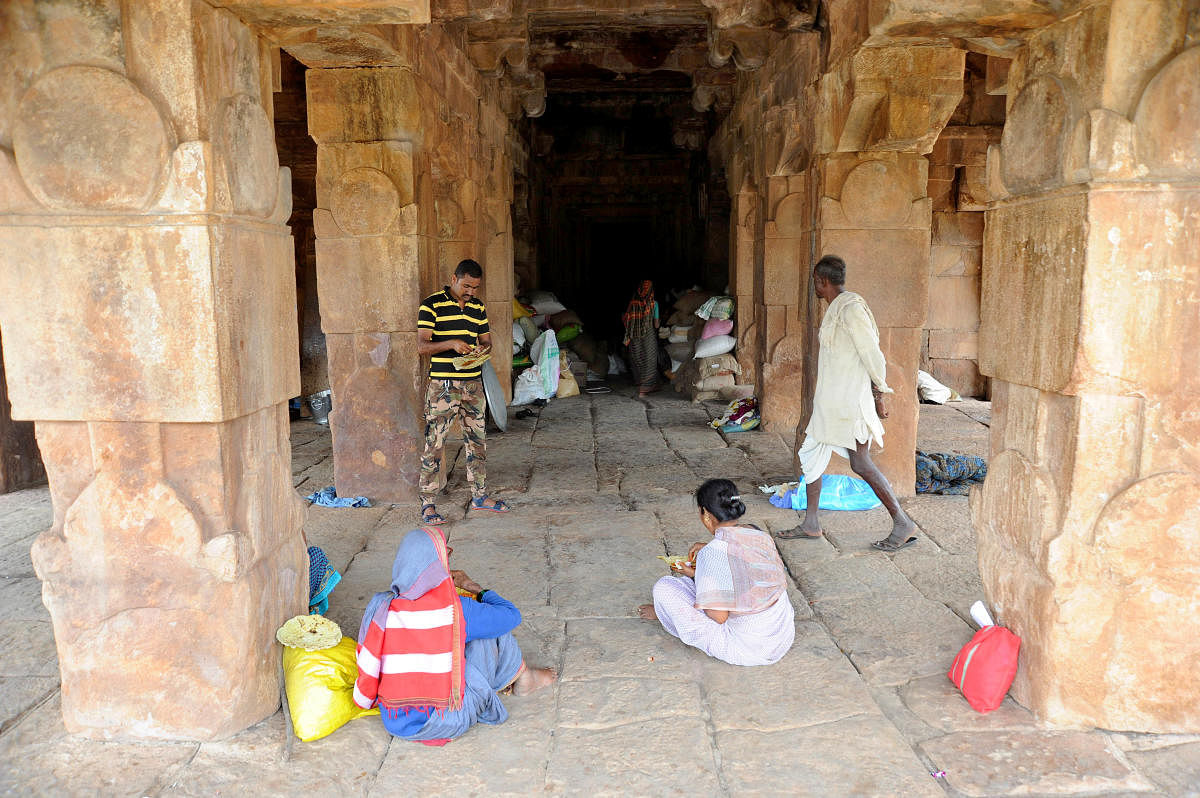

Today is World Heritage Day, a day commemorated every year to raise awareness about the importance of cultural heritage in our lives. This year, the theme for the day is Shared Culture, Shared Heritage, Shared Responsibility. The theme is one that resonates with us in these trying times for today, it is obvious that no matter the divisions between us, whether of country or culture, our present and hence our futures are connected.
The lockdown has demonstrated how cultural heritage is something we turn to for emotional sustenance in times of need. Along with the suggestions for films to watch are messages listing virtual tours of museums and monuments.
Several Indian museums had already collaborated with Google Arts & Culture for their virtual avatars. Others like Udaipur’s City Palace Museum, for example, have only recently launched digital walkthroughs. As most monuments remain physically closed, an interactive online exhibition by UNESCO welcomes visitors online to several World Heritage Sites across the continents.
In Bengaluru, INTACH’s week-long series of online events about the city’s heritage drew an enthusiastic audience every single day. Meanwhile, entrepreneurs in Bengaluru have begun offering a variety of heritage-related events including virtual heritage walks and online history classes for children.
Apart from helping people connect in a time of social isolation, heritage sites also often provide physical assistance in times of need. During the 1918 Spanish influenza pandemic, many wedding halls and schools doubled up as dispensaries and shelters.
More recently, when floods devastated parts of northern Karnataka last year, the 8th-century temples in Pattadakal became temporary rescue camps sheltering hundreds of people. Today, Bengaluru’s 120-year-old Victoria Hospital and the over 150-year-old Balabrooie Guest House are both at the frontline of Karnataka’s Covid-19 response.
Needs support
But even as our cultural heritage bolsters us, it is in acute need of support. Heritage-dependent industries like tourism are reeling under the lockdown and experts fear it will be one of the last to recover from the pandemic.
The lockdown has left the many daily-wagers, self-employed people and small directly involved in India’s heritage sector almost penniless. Specialists in restoration such as craftsmen working with lime mortar, experts in stucco, and carpenters skilled in traditional woodwork are now languishing without work.
The handloom sector, fragile even before Covid-19, is particularly hard hit. Ambareesh, a handloom weaver from Vijayapura near Devanahalli, is one of only a handful who persisted with handlooms even as everyone around him switched to powerlooms years ago. The four weavers employed in his workshop left a few weeks ago.
He worked alone for a few days to complete a few pending orders but his looms are now silent. “My weavers wanted to go back to Andhra Pradesh because at least there, the government supports handloom weavers with a payment of Rs 24,000 per year,” he says, referring to the AP government’s Nethanna Hastham scheme, operational since December last year. “Here in Karnataka, we have no such scheme.”
Period of distress
Some non-government organisations are now raising funds to support craftspeople through this distressing period. “It’s a huge tragedy,” says Pavitra Muddaya, founder of Bengaluru-based Vimor Handloom Foundation which is working to provide rations and medicines to needy artisans. Muddaya says that while there is some awareness about the plight of weavers, others who are part of the same product chain, like yarn spinners for example, are often forgotten, as are weavers who work on things other than saris, like the kambli (blanket) makers of North Karnataka.
This World Heritage Day, as we celebrate our diverse cultural heritage, we must also recognise its vulnerability. In an environment where monetary value trumps everything, the heritage sector struggles for budgetary allocations. Post this pandemic, we citizens must ensure that people remember how cultural heritage enhances our quality of life in this period of gloom, how it is playing a part in our wellbeing.
We must ask for cultural heritage and cultural industries to be a focus of policymaking and not be relegated to afterthoughts. We must strive to protect and preserve our heritage; tomorrow it may do the same for us.
(The writer is convenor, INTACH Bengaluru Chapter)